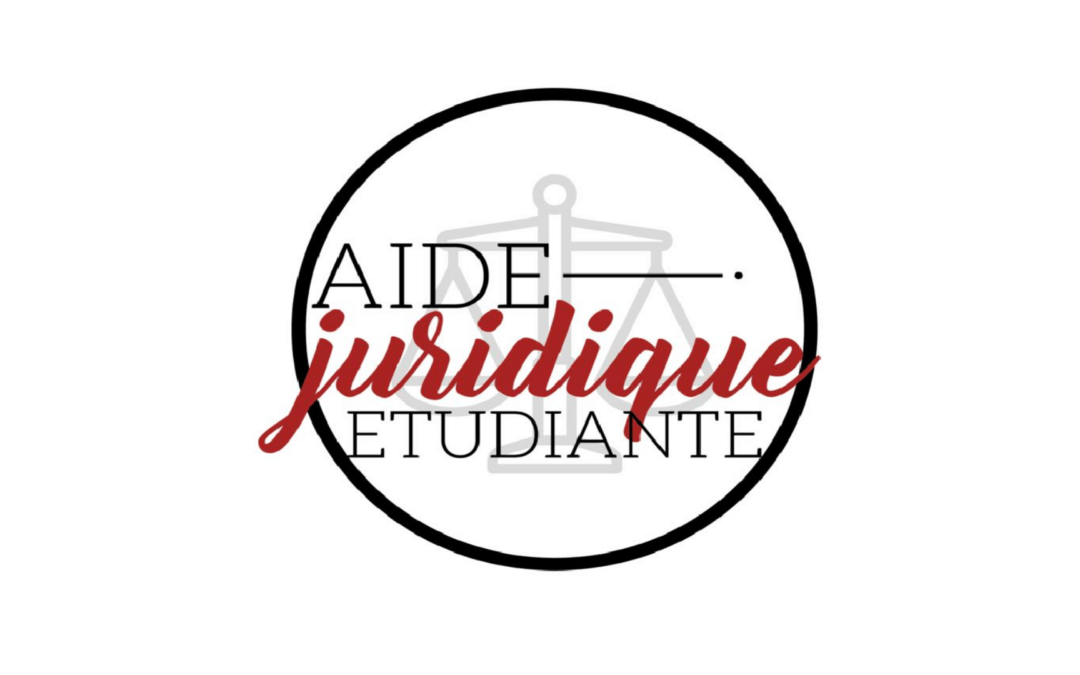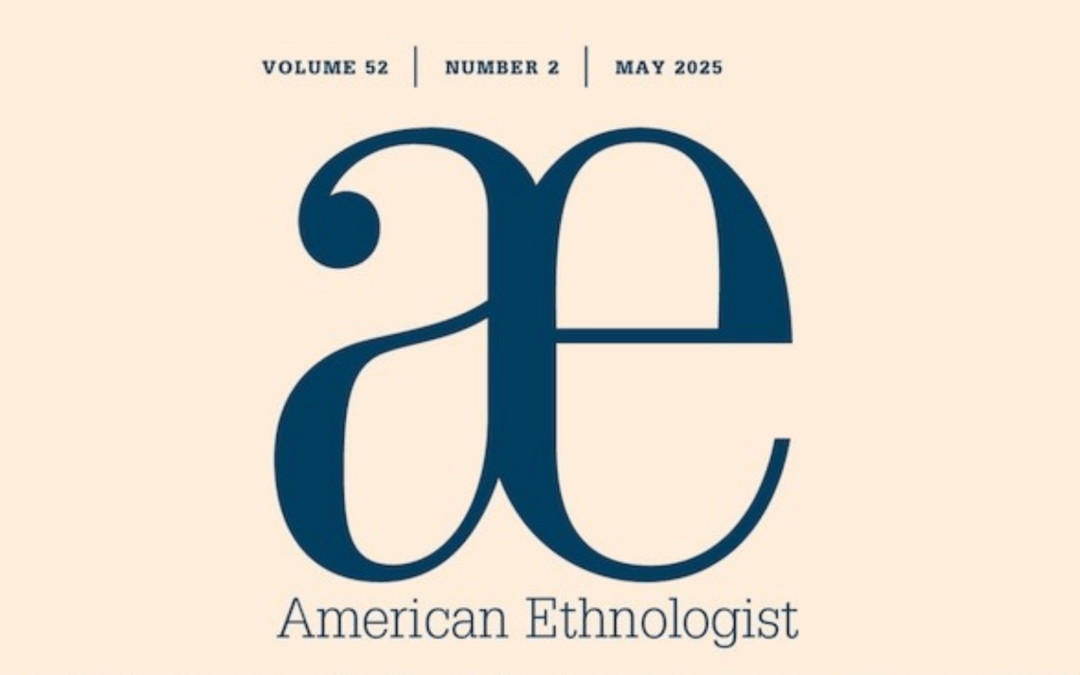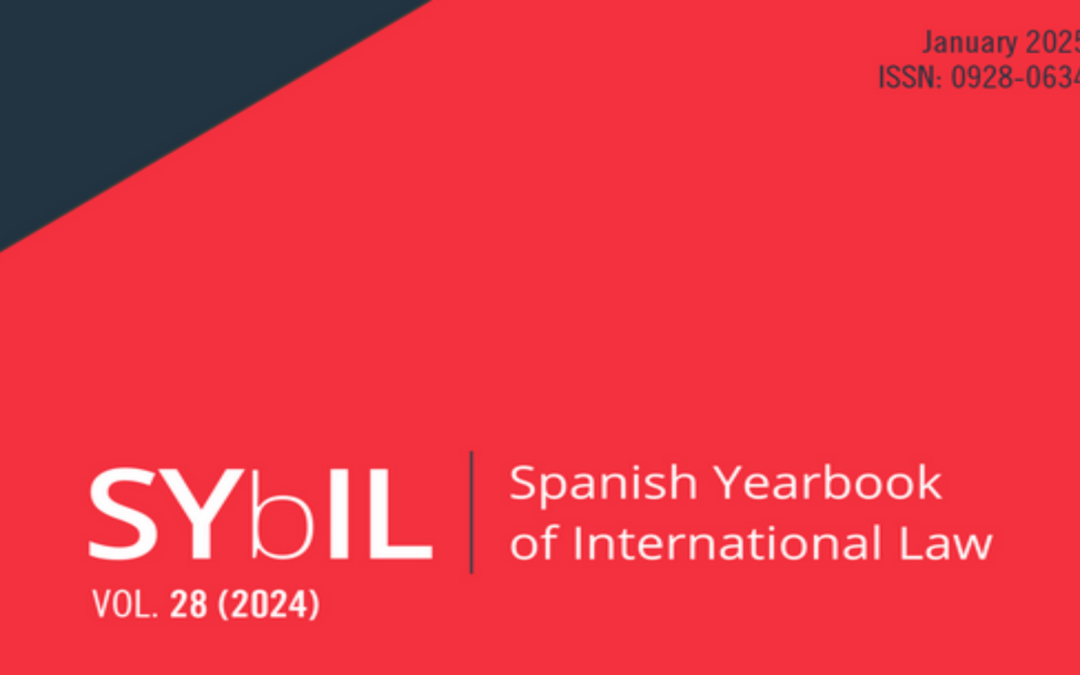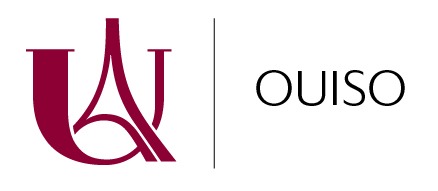Explanation of the IRD – Smara Provincial Council partnership (occupied territory) and reaction
While visiting the website of a French humanities laboratory, UMR PALOC (Research Institute for Development (IRD)-National Museum of Natural History (MNHN)-Sorbonne University), we learned, thanks to a publication notice dated June 15 in the journal Archeologia, that this laboratory and one of its supervisory bodies, the IRD through its representation in Morocco, had signed a partnership agreement with the provincial council of Smara (“Atlantic Sahara, Morocco“!) as part of archaeological research taking place, according to the website, in ”Morocco” (in reality in Western Sahara). Link:
http://www.paloc.fr/fr/actualites/les-gravures-rupestres-de-laghchiwat-sahara-atlantique-maroc-6818
We learn (or rather we learned… since the dedicated web page was deleted on June 16!) on the “IRD in Morocco” website that this agreement was signed in 2018 for a period of four years:
PDF 2-Recherche au Maroc _ Site Web IRD, pp. 44-45
Furthermore, we discover (or rather we discovered, since this page is no longer accessible…) on the same website “IRD in Morocco” that this institution has signed another research partnership concerning the Sebkha d’Imlili located “in the Moroccan Sahara near Dakhla” (also in Western Sahara): p.19 of PDF 2 See also this link: https://www.ird.fr/la-sebkha-dimlili-une-oasis-de-biodiversite-dans-le-desert
Or the PDF 3-La Sebkha d’Imlili, une oasis de biodiversité dans le désert ! _ Site Web IRD (in case the IRD decides to delete the previous link…)
Laboratories IRD involved in the 2nd project : UMR 226 / ISE-M, UMR 195 / LEMAR, UMR 022 / CBGP, UMR 151 / LPED, UMR 220 / GRED, UMR 248 / MARBEC
We are surprised to discover that the IRD, which supported our 2016 symposium on Western Sahara held at Paris Descartes University and has twice supported our observatory, “forgets” that this territory, from the point of view of international law, is not part of the Moroccan territorial entity, that it is a territory at war and as such subject to international humanitarian law, that it is recognized as occupied by the Moroccan state according to the United Nations General Assembly, the African Union, the press services of the Court of Justice of the European Union, as well as certain national courts such as those of South Africa and the United Kingdom.
By signing an agreement with a “Moroccan” local authority located in this occupied territory of Western Sahara, the last territory in Africa awaiting decolonization (recognized as a non-self-governing territory by the United Nations), and by carelessly reusing Moroccan colonial terminology in its official communications, even though Morocco’s sovereignty over this territory has not been recognized by any member of the international community, is the IRD not acting illegally and acting as an international sponsor of a colonization enterprise known to all, in defiance of the populations living in this territory or in exile?
It must be noted that the IRD, and through it one of its two supervisory ministries—the French Ministry of Foreign and European Affairs— attaches greater importance to developing its interests in Morocco than to respecting international humanitarian law and international conventions on the protection of heritage (cultural and natural) in war zones, the violation of which is punishable by law, and even less to the dignity of populations who have endured 45 years of war, exile, and repression.
In the immediate future, we will ask the IRD’s representative in Morocco for a copy of these conventions, and OUISO’s scientific council has decided to write to the new CEO of the IRD and the IRD’s ethics committee to request explanations about these partnerships.
To be continued…
À lire aussi

Petition : 2 Sahrawi students unlawfully imprisoned
Press release from the Student Legal Aid Association (AJE) at Grenoble Alpes University "Free the Sahrawi students detained in Morocco! For several days now, a major social movement has been rocking Morocco. The protesters, many of whom...

“El Tribunal de Justicia de la UE se toma la auto-determinación en serio: reflexiones sobre las sentencias del 04.10.2024” (R.M. Carlos)
As the Polisario Front and Morocco are competing in a legal war through the European institutions, the Court of Justice of the European Union has finally decided to annul the trade agreements on agricultural and fishing products between...

“Sousveillance and Human Rights Activism in Moroccan-Occupied Western Sahara.”(D. Mark)
From the 1990s to 2020, human rights activism in Moroccan-occupied Western Sahara emerged through a process of familiarization before serving a new purpose: as a non-violent instrument in the broader struggle for Sahrawi...

N°28 (2024) of the Spanish Yearbook of International Law – Full version
Several articles of this paper revolve around Western Sahara : - "Morocco, occupying power of Western Sahara: some notes about Spain’s foreign legal policy, the role of the Spanish doctrine and the rule of law in international...
